Top 10 Analytics And Business Intelligence Trends For 2020
datapine
NOVEMBER 27, 2019
While we work on programs to avoid such inconvenience , AI and machine learning are revolutionizing the way we interact with our analytics and data management while increment in security measures must be taken into account. However, businesses today want to go further and predictive analytics is another trend to be closely monitored.

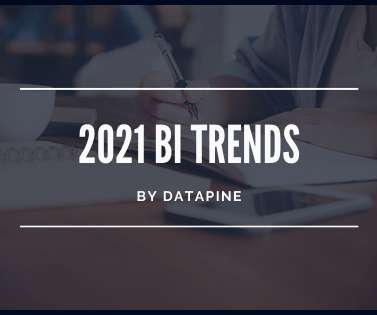
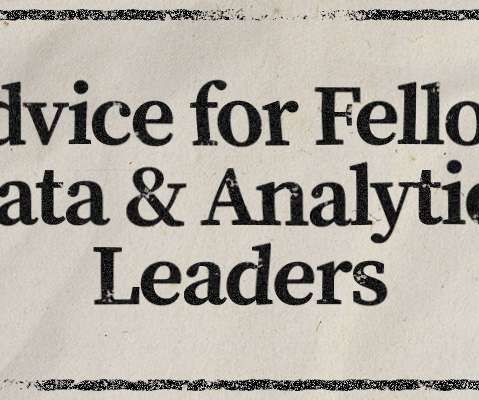
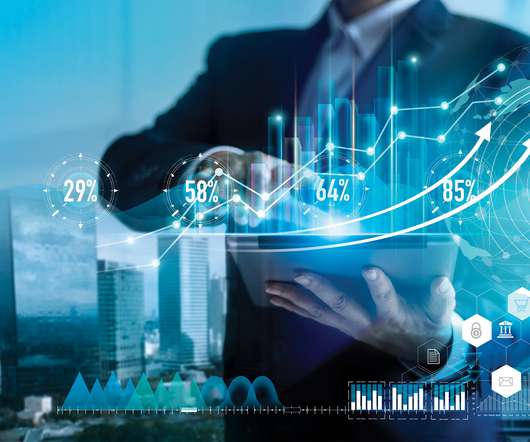
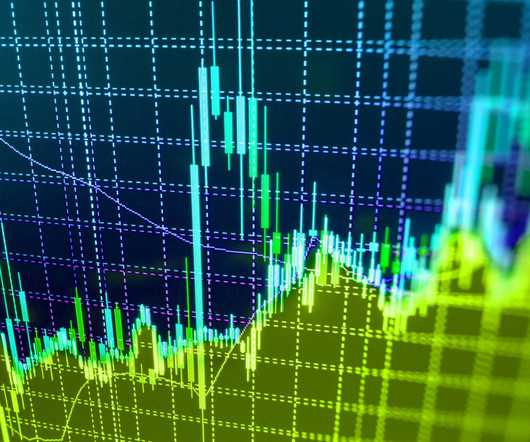
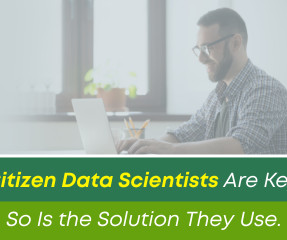
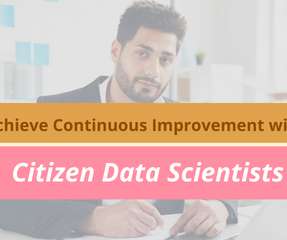





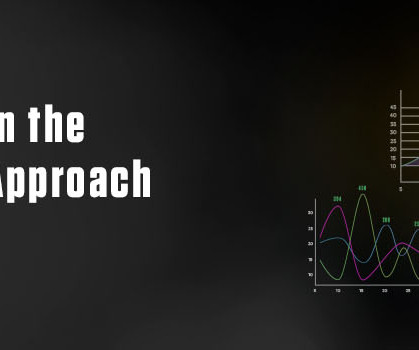
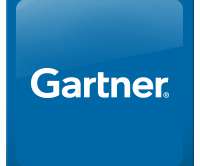
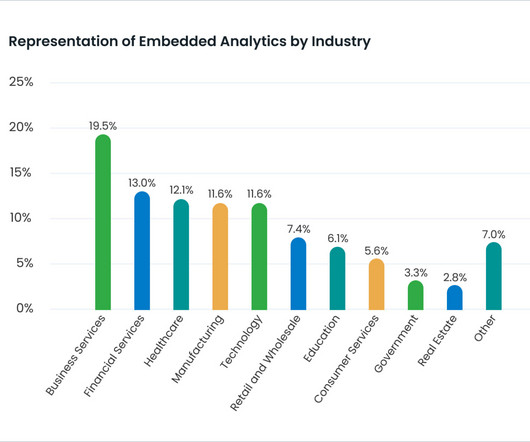









Let's personalize your content